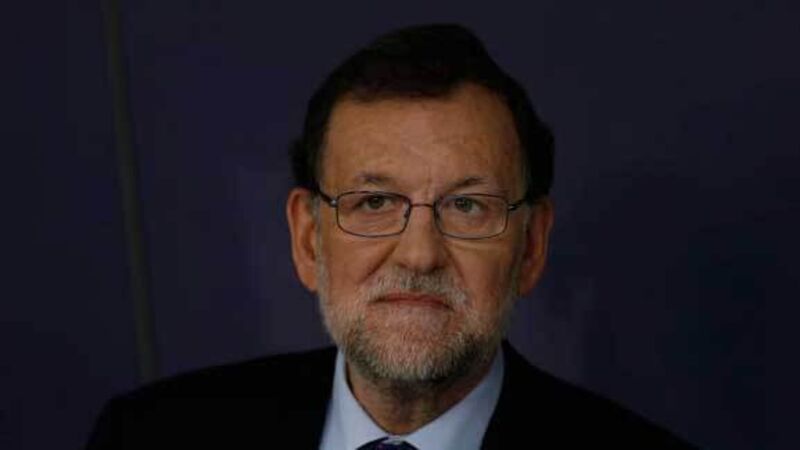Spain’s Socialists will not support Mariano Rajoy as PM

Pedro Sanchez made the declaration after meeting with Rajoy, who is trying to negotiate a way for him and his centre-right Popular Party to remain in power after it won the most votes in a national election on Sunday but fell far short of a majority.
Rajoy did not comment after the two men met at the presidential palace.














